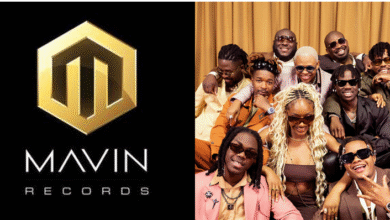Sinatou Saka ” 2050 and us…”
Journalist, specialist in digital entrepreneurship, Sinatou SAKA is also co-founder of the Idemi Africa platform intended to encourage the creation of digital media in African languages online. For this Cart'Afrik, she takes us into the Africa of 2050...
2050 and us…
In 2050, there are no more dialects, idioms, but simply languages.
In 2050, there are no more official or unofficial languages, all languages have the same value and the same status in all African countries.
In 2050, African languages are no longer objects of abstract study in Western universities. They are also studied everywhere on the continent by Africans themselves.
In 2050, students in Bujumbura, Dakar, Cotonou, Abidjan or Nairobi will learn Swahili, Wolof or Pulaar as a second language in school instead of German or Spanish.
In 2050, in France, Mandinka will also be taught at school! Why not, finally, if Malians learn French.
In 2050, in addition to the fundamentals in African languages, mathematics is taught in Pulaar in Africa and the school success rate has never been so high.
In 2050, African languages are not fashionable, no it is common to speak Bambara on Facebook, Twitter or Tiktok.
« In 2050, movies on Netflix or Amazon are also subtitled in Wolof, Swahili and Goun »
In 2050, Africans speak their languages on social media and Europeans use Google translation to understand these conversations and speeches.
In 2050, movies on Netflix or Amazon are also subtitled in Wolof, Swahili and Goun. For Netflix, its turnover has never been so high.
In 2050, 50% of the content on the Internet exists in hundreds of languages. The web is finally inclusive.
In 2050, a podcast in Swahili is one of the top ten most listened to podcasts on Apple Podcast and that’s okay, no one is surprised, we’ve all figured out that it’s possible.
In 2050, my aunt who has never used Siri, has a virtual voice assistant that speaks fon to her. She marvels at the fact that she is finally entering this longed-for future.
In 2050, translation, this wonderful space is everywhere and invested by talented people who make the bridge between different cultures.
In 2050, all African countries have translated their official websites into several African languages.
In 2050, the multilingualism of Africans is finally recognized: they proudly put on their CVs that they speak Fon, Goun, Yoruba or Mina.
In 2050, African languages will not finally have the place they deserve, no, they will simply have a place.







